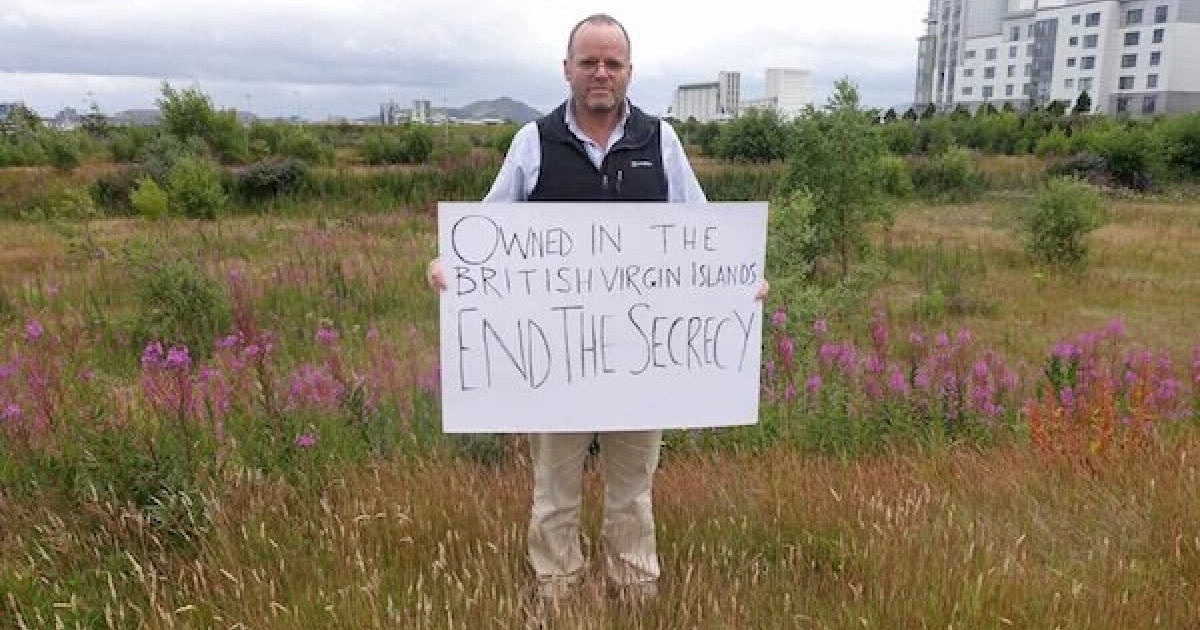Scotland Could Have Led The Way On A Bold Land Reform Bill

The Scottish Greens welcome the Land Reform Bill that passed in the Scottish Parliament today. However in many respects, we feel it does not live up to the spirit of the legislation.
During the third and final stage of the Land Reform Bill, we put forward three sets of amendments to strengthen the bill and to deliver real and radical land reform in Scotland.
The first set of amendments was an attempt to block companies based in tax havens from owning land in Scotland. Of the many financial crooks in the world, tax evaders are amongst the most risable. They believe themselves to be above contributing their fair share of tax that is used for the public services we all use. It was estimated last year by Private Eye that 750,000 acres of Scottish land is held by companies based in tax havens, such as the Cayman Islands. This was an attempt to clarify who, based in these tax havens, owns and profits from land in Scotland, and to make it impossible for any company based in such a tax haven to own and profit from land in Scotland.
This principle has been been on the agenda of radical land refrom in Scotland since 2012. Following a recommendation by the Land Reform Review Group it was put to a public consultation where it found support amongst 79 percent of those who responded to it. This was an attempt to bring real transparency to who owns the land in Scotland.
It was rejected by 81 MSPs to 33 who voted in favour.
Our second set of amendments was to tax derelict and vacant land across Scotland. This could have raised £250 million a year to fund the services we are seeing being cut and abandoned by the Westminster government. More than just raising revenue, it would have encouraged landowners to use the land productively instead of sitting on it while it grows in value despite producing nothing. With over half of Scotland's most deprived communities living within 500 metres of vacant and derelict land, we had the chance to push land owners to make use of those spaces and bring regeneration and development to areas that needed it the most.
It was rejected by 81 votes to 34 in favour.
Our third amendment, to secure a timescale for a review of small landholdings legislation, was accepted by the government agreed unanimously by parliament. It guarantees a report prepared by the end of March 2017. The review will hopefully recommend legislation to protect tenant farmers. This issue had been highlighted again recently by cases such as Jim Telfer's, a small landholder in Alison Johnston's constituency, who may be facing eviction despite his family having ran their farm on the property since 1915.
Across Scotland land reform campaigners have been pushing the Government to be bolder, to stand up to those who would bully and threaten the government into getting what they want. Scotland's land ownership system was one of the most unequal in the world, playing into the hands of big business, tax evaders and wealthy property owners. Scotland could have led the way on a bold land reform bill today. But it didn't.
From maintaining the regressive council tax to watering down the Land Reform Bill, we believe our parliament has failed to live up the expectations placed upon it after the referendum; to build a new and better politics in Scotland. A vote for the Scottish Green Party is a vote for a bold and consistent voice in our parliament for a better Scotland, and for the new politics that once galvanised a country to imagine what it could become.
Andy Wightman